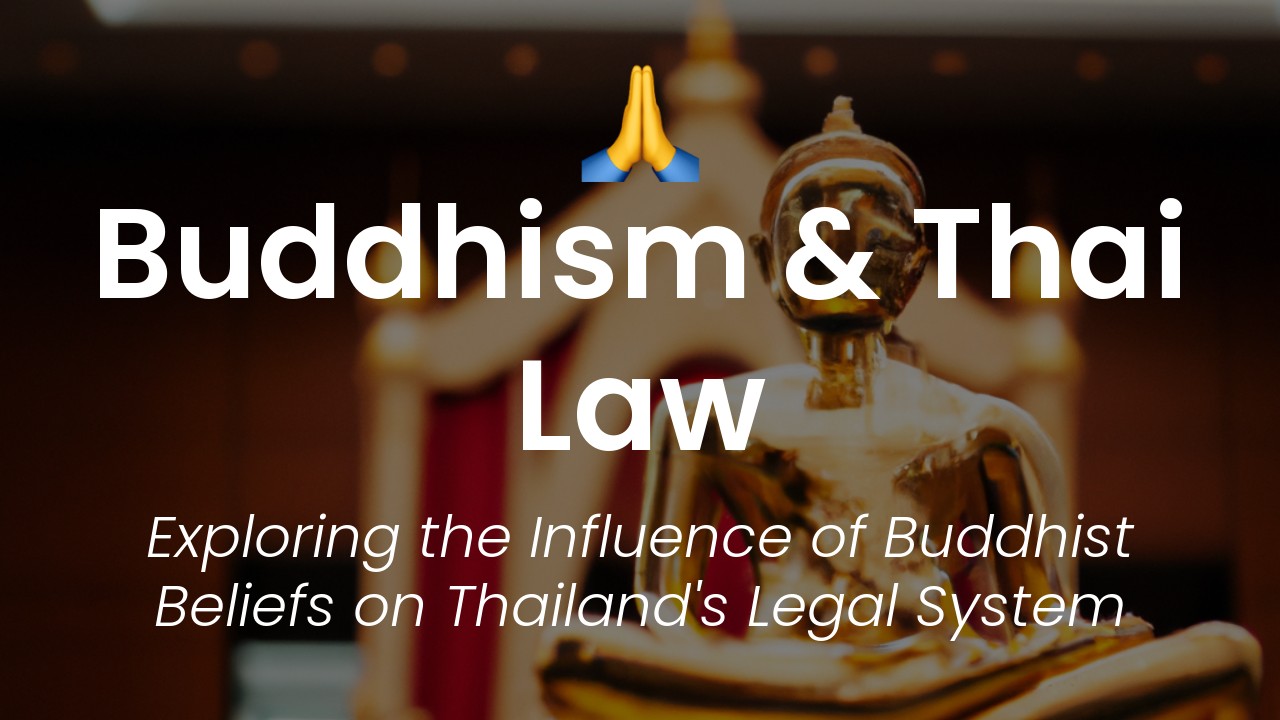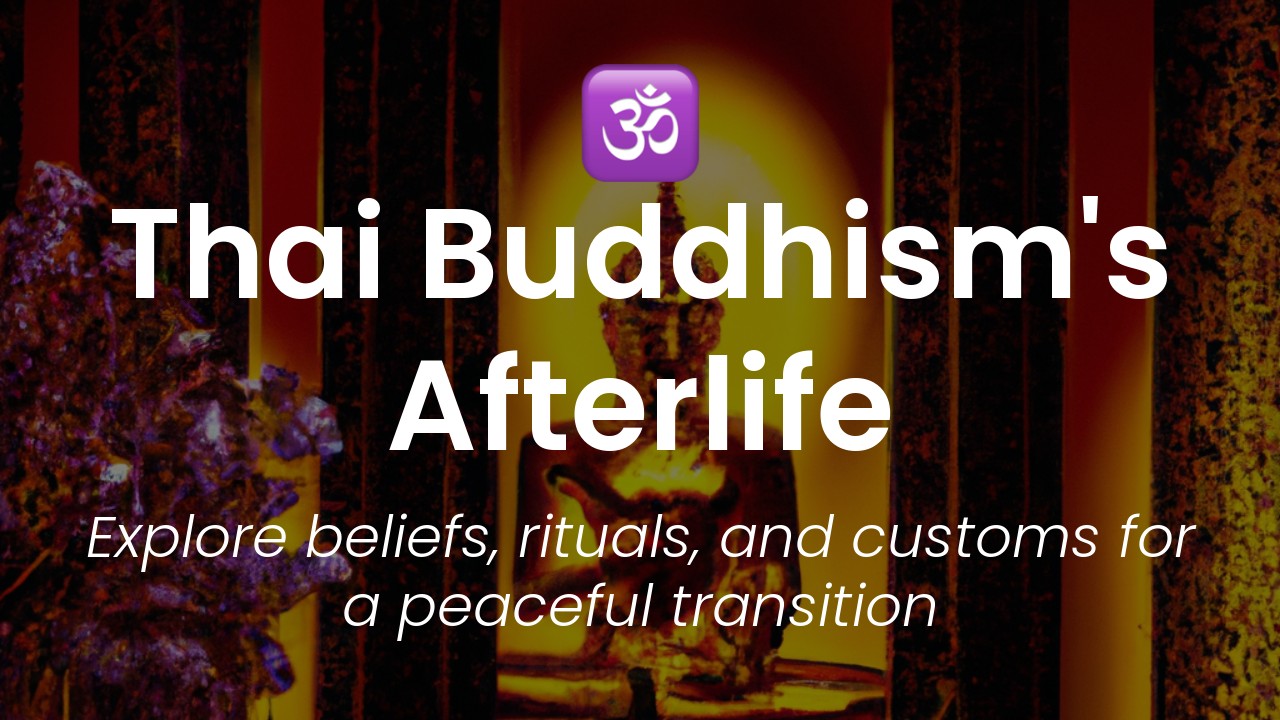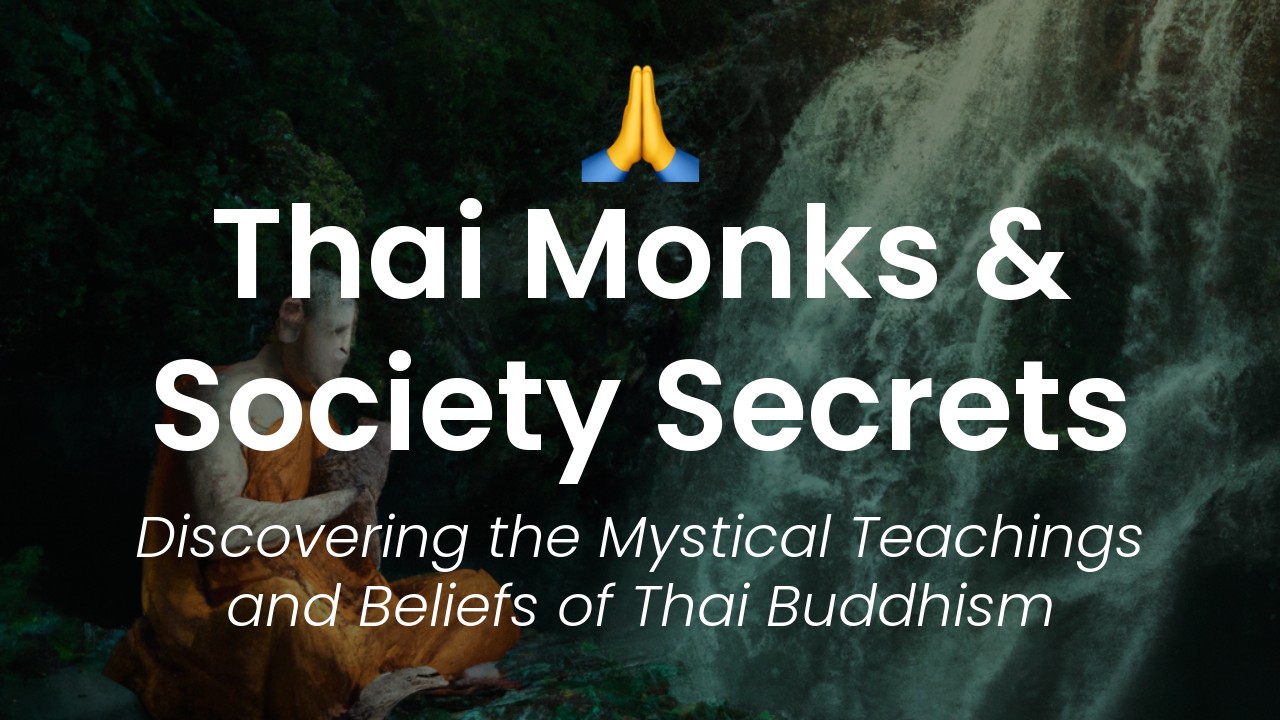As a Thai citizen born and raised in Bangkok, I have always been fascinated by the influence of Buddhism on Thai society. The philosophy, way of life, and teachings of Buddha have permeated all aspects of Thai culture, including the legal system.
Thailand is a predominantly Buddhist country, and the religion has played a significant role in shaping the laws and regulations in the country. In fact, the principles of Buddhism are so ingrained in Thai culture that they have become an integral part of the legal framework and judicial processes.
In this article, I will share cultural insights into how Buddhism has shaped Thai laws. From the country's early adoption of the Buddhist code to the modern-day incorporation of Buddhist teachings, there is much to explore and understand. By delving into the roots of the legal system, we can gain a better understanding of Thai society and its values. So, let's take a journey through the cultural and legal history of Buddhism in Thailand.
Buddhism in Thai History: A Brief Overview
Buddhism has been an integral part of Thai culture for centuries, and its influence can be seen in various aspects of daily life, including law and governance. The history of Buddhism in Thailand dates back to the 3rd century BC, when Indian Emperor Ashoka sent missionaries to Southeast Asia to spread Buddhist teachings.
Over time, Buddhism became the dominant religion in the region, and Thai rulers incorporated it into their legal and political systems. The result was a fusion of traditional Thai culture with Buddhist values and principles.
Influence of Buddhism on Thai Values
One of the key ways that Buddhism shaped Thai law was through its influence on Thai values. Buddhism emphasizes the importance of compassion, kindness, and nonviolence, and these values have become part of the Thai cultural identity.
For example, Thai society places a strong emphasis on social harmony, and this is reflected in the law. Laws related to defamation, insult, and public disturbance are strictly enforced, as they are seen as potential threats to social harmony.
Similarly, Thai law takes a lenient approach to minor offenses, emphasizing the importance of compassion and forgiveness. For example, someone who steals a small amount of money may be given a warning or a short jail sentence, rather than a longer sentence or a harsh punishment.
Role of Buddhism in the Development of Thai Laws
Buddhism has also played a key role in the development of specific legal principles and practices in Thailand. One of the most important of these is the concept of dharma, which is central to Buddhist philosophy.
In Thai law, dharma is used to refer to a set of values and principles that govern behavior. This includes the principle of fairness and equity, which is seen as essential to maintaining social harmony and preventing conflict.
Dharma also informs the Thai legal system’s approach to punishment. Rather than seeking to punish offenders for their crimes, Thai law emphasizes the importance of rehabilitation and personal growth. This is reflected in the use of community service and other forms of restorative justice in the Thai legal system.
Key Buddhist Principles in Thai Legal System
Several key Buddhist principles are reflected in the Thai legal system. One of the most important of these is the concept of the Four Noble Truths, which form the basis of Buddhist philosophy.
The Four Noble Truths are:
-
The truth of suffering: The recognition that human existence is characterized by suffering, pain, and dissatisfaction.
-
The truth of the cause of suffering: The recognition that suffering arises from craving and attachment.
-
The truth of the cessation of suffering: The recognition that it is possible to overcome suffering through meditation and spiritual practice.
- The truth of the path to the cessation of suffering: The recognition that the path to freedom from suffering begins with a commitment to moral and ethical behavior.
These principles are central to the Thai legal system’s approach to justice and rehabilitation. Rather than seeking to punish offenders for their crimes, Thai law aims to help offenders overcome the causes of their suffering and find a path to spiritual growth and personal development.
Examples of Thai Laws with Buddhist Roots
Many of Thailand’s laws have their roots in Buddhist teachings and values. For example, laws related to the protection of animals and the environment reflect the Buddhist principle of nonviolence and respect for all living beings.
Similarly, laws related to inheritance and property distribution emphasize the importance of equitable distribution based on the needs of individuals and families, rather than wealth or status.
Thai law also incorporates traditional Buddhist practices, such as the use of mediation and negotiation to resolve disputes. This reflects the importance of social harmony in both Buddhist philosophy and Thai culture.
Contemporary Challenges in Applying Buddhist Laws
Although Buddhism continues to influence Thai law and culture, there are also contemporary challenges to its application in today’s society. One of the most pressing of these is the tension between the traditional values of social harmony and the demands of an increasingly diverse and globalized society.
As Thailand continues to modernize and become more integrated into the global economy, there is a growing need to balance traditional values with the demands of an evolving legal and political system. This requires a nuanced approach that takes into account the complexities of the modern world while remaining grounded in the core values of Thai culture and Buddhism.
Conclusion: The Ongoing Impact of Buddhism on Thai Society
In conclusion, Buddhism has played a central role in shaping Thai law, culture, and society for centuries. Its influence can be seen in various aspects of daily life, from social harmony to the legal system’s approach to justice and rehabilitation.
As Thailand continues to navigate the challenges of modernization and globalization, its commitment to the values of Buddhism and traditional Thai culture will be crucial to maintaining social stability and individual spiritual growth. Ultimately, Buddhism will continue to be a key part of Thai identity and a source of guidance and inspiration for generations to come.







